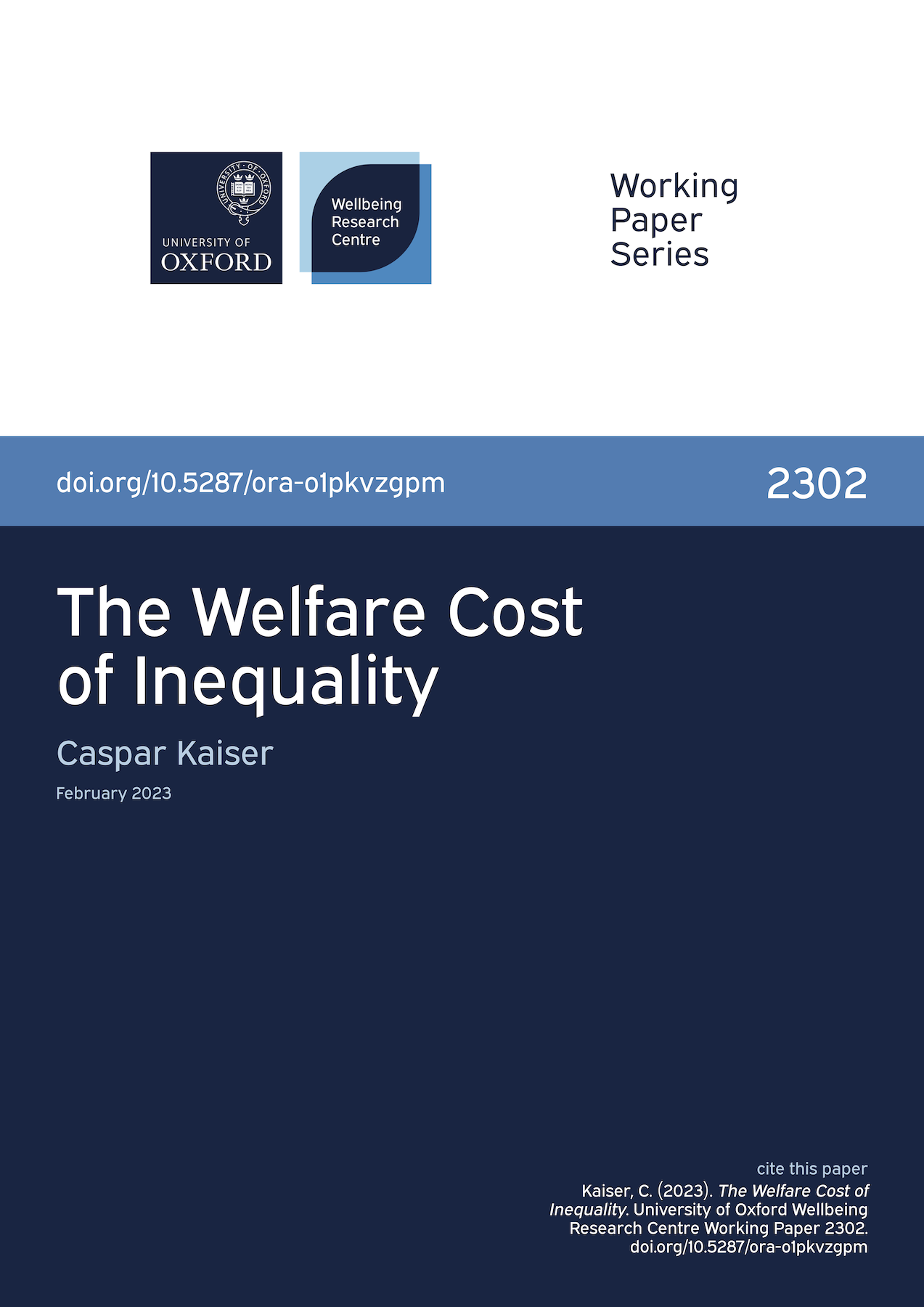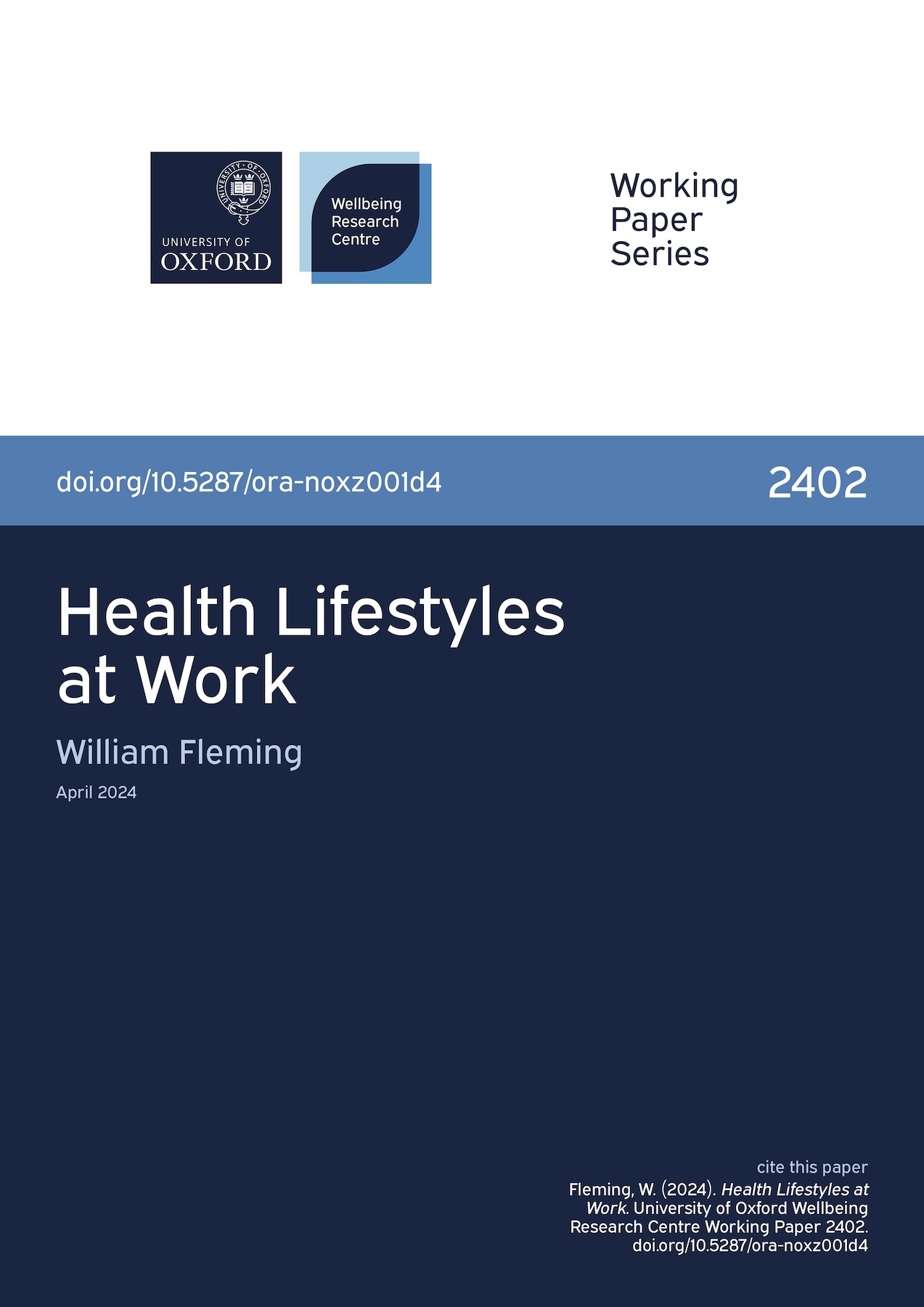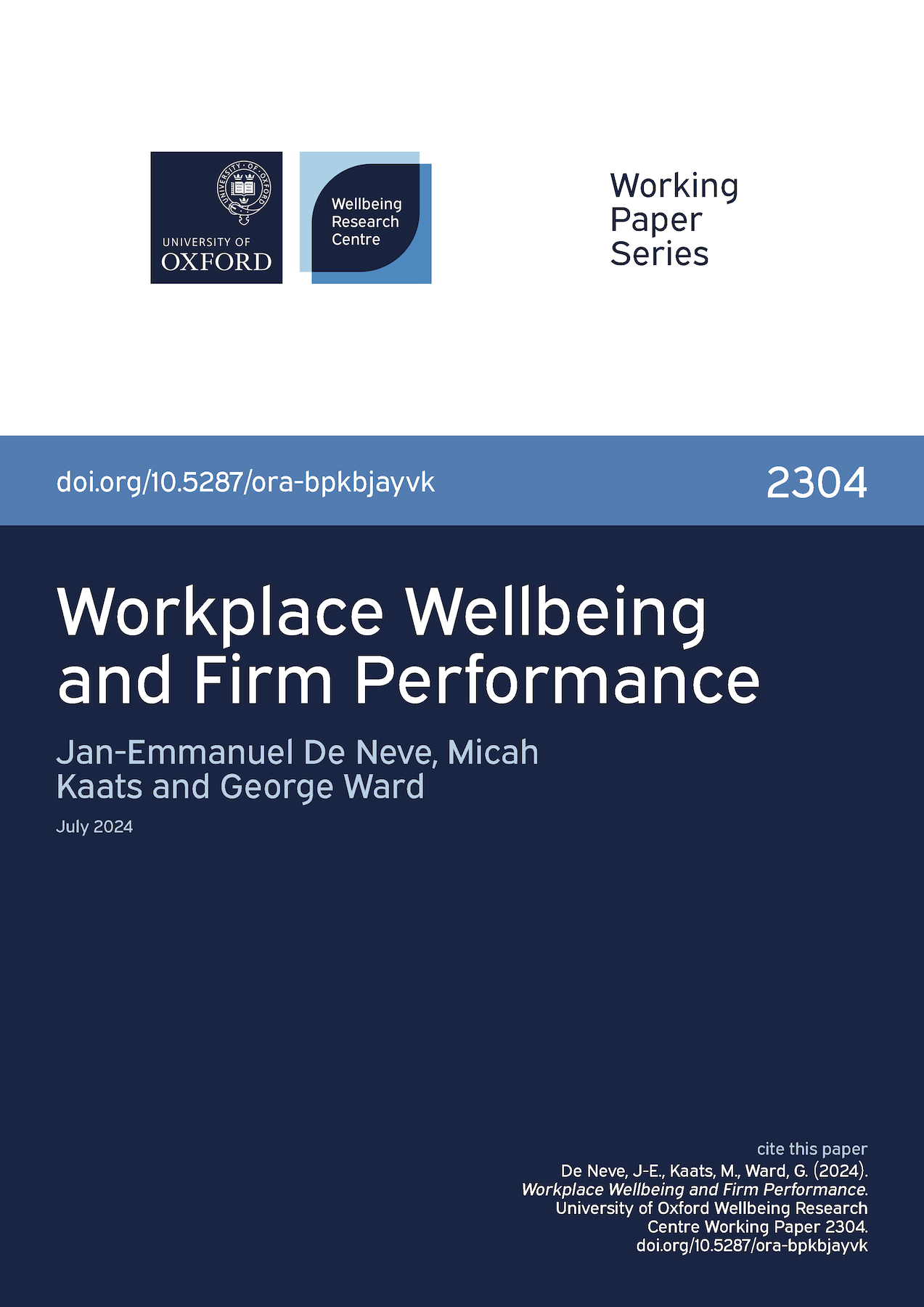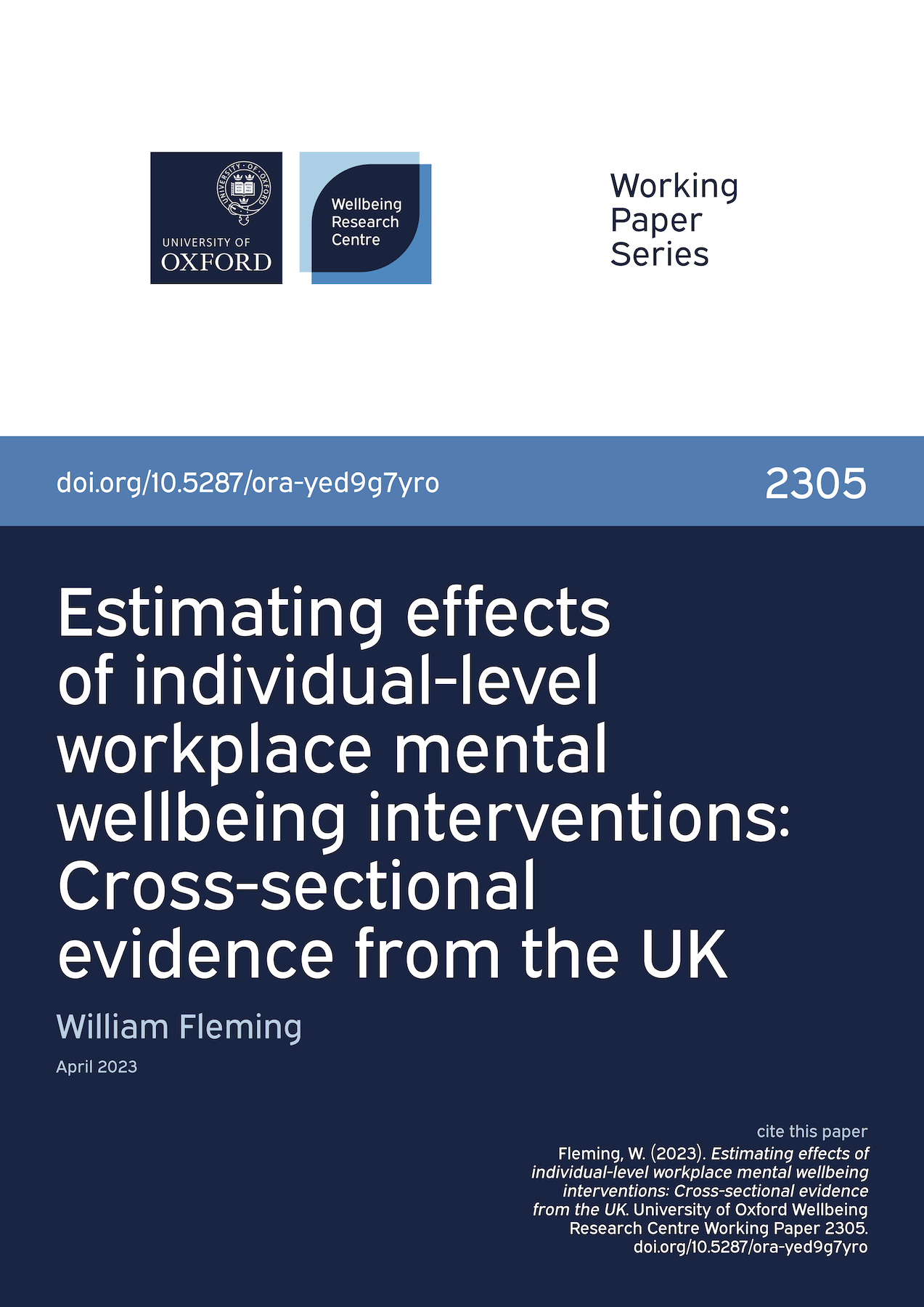
2302 | The Welfare Cost of Inequality
Caspar Kaiser
Income inequality is a central topic for the social sciences. Work on it is often motivated by the idea that inequality implies some welfare loss. Yet, the size of this loss remains an open question. A definite answer would be crucial for economic policy-making.
The goal of this paper is to show that the evidential foundations of this debate can be advanced with survey data on wellbeing. For this purpose, I utilise survey data from the European Union Statistics on Income and Living Conditions (EU-SILC; N≈750,000) to approximate the curvature of the income-to-wellbeing relationship. On that basis I then estimate the pecuniary cost of income inequality. I find that the annual cost of inequality is substantial. As a baseline estimate, and across 32 European countries, it currently amounts to about 14,000 Euros per capita. This is equivalent to just over 40% of mean European disposable household incomes.
Since these calculations do not take into account any potential inefficiencies that may be induced by redistribution, I then analyse the permissible size of such inefficiencies, and estimate the conditions under which redistributive policy remains welfare-improving. Although covered by a wide range, the permissible size of inefficiencies induced by redistribution turns out to be surprisingly large, and can amount to between 20% and 70% of each redistributed Euro. Extensive sensitivity analyses of these results against alternative wellbeing measures, estimation methods, relative income effects, and the use of panel data are provided.


